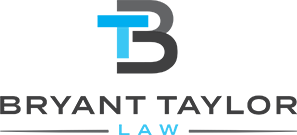To combat what the U.S. government says is widespread money laundering and other illegal financial operations, the U.S. Department of the Treasury’s Financial Crimes Enforcement Network (FinCEN) officially implemented new beneficial ownership reporting requirements on January 1, 2024. These new regulations are a part of the Corporate Transparency Act (CTA) and require certain U.S. business entities to disclose detailed information about their “beneficial owners.”
While the regulations officially went into effect on January 1st, existing entities have until January 1, 2025, to submit their initial reports, while new entities must report within 90 days of registration. There are legal challenges in the works that may impact these reporting requirements, but it’s important to make sure your business understands these guidelines and is in compliance until a change is made.
Companies Required to Comply with Beneficial Ownership Information (BOI) Reporting
Entities that must report their beneficial ownership to FinCEN are classified into two categories:
- Domestic Reporting Companies: This category includes corporations, limited liability companies (LLCs), and other similar entities formed by filing with a secretary of state or equivalent office across the United States.
- Foreign Reporting Companies: These are entities like corporations and LLCs that are formed under the laws of a foreign country but are registered to conduct business in the U.S. by filing with a state secretary or similar office.
State-specific requirements may differ, especially for unique entities like statutory and business trusts. If your entity falls into these classifications and files with a state office, you are required to submit Beneficial Ownership Information (BOI) to FinCEN.
What Beneficial Ownership Information Must Be Reported?
So, what is a Beneficial Owner, and what information needs to be reported to FinCEN?
A beneficial owner is identified as an individual who directly or indirectly exercises substantial control over a company or owns/controls at least 25% of the company’s ownership interests. “Substantial control” can include roles like senior officers, the ability to appoint or remove key officers or a board majority, being a primary decision-maker, or having significant influence over the company.
Given the vague nature of “substantial control,” especially for smaller businesses, FinCEN has provided a Small Entity Compliance Guide to address common questions that small business owners and entrepreneurs have.
The information required for each Beneficial Owner includes personal and company names, addresses, date of birth, and an identifying number issued by a recognized authority like a U.S. driver’s license, U.S. passport, or state-issued ID. If these are not available, a valid foreign passport will suffice, including an image of the document.
What Companies Are Exempt?
There are 23 exempt entity types listed under FinCEN’s rule:
- Securities reporting issuer
- Governmental authority
- Bank
- Credit union
- Depository institution holding company
- Money services business
- Broker or dealer in securities
- Securities exchange or clearing agency
- Other Exchange Act registered entity
- Investment company or adviser
- Venture capital fund adviser
- Insurance company
- State-licensed insurance producer
- Commodity Exchange Act registered entity
- Accounting firm
- Public utility
- Financial market utility
- Pooled investment vehicle
- Tax-exempt entity
- Entity assisting a tax-exempt entity
- Large operating company
- Subsidiary of certain exempt entities
- Inactive entity
Keep Your Florida Business in Compliance
At Bryant Taylor Law, we understand the challenges Florida businesses face trying to keep up with evolving legal requirements like these. Our team keeps up with these changes so our clients have the best possible representation available to them. Our goal is to best serve Florida businesses in staying compliant. Having assisted numerous local businesses with the Beneficial Ownership Information process, we are well-prepared to help you through the process, as well.


